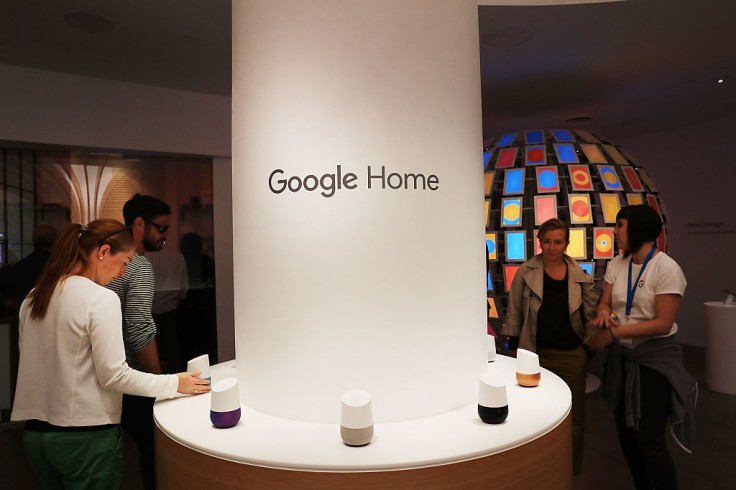
Google's much-anticipated newest operating system called "Fuchsia" has been unveiled, albeit quite low-key on its initial consumer device, the Nest Hub, 9to5Google.com revealed.
Google 'Fuchsia' Release Date: Rollout Starts on Nest Hub
While "Fuchsia" has began rolling out on the Nest Hub, which was originally called the Google Home Hub, on Tuesday, the entire release process will need several months to complete. After the Preview Program, the OS will become more widely available.
The Nest Hub is a seven-inch smart display that would respond to Google Assistant commands. It was renamed as such in 2019 after its inception a year earlier as the Google Home Hub. 9to5Google said only the first-generation device of the Nest Hub will carry Fuchsia.
Nest Hub is set to replace its present Cast OS with Fuchsia and will have an almost identical user experience, so similar that users may not even notice the change.
Google 'Fucshia' Written Using Proprietary Kernel, Zircon, Not Linux
This open-source "Fuchsia" OS--which was written using the microkernel Zircon that Google developed in-house and not on Linux--has left users wondering how Google intends to use their new operating system. While "Fuchsia" has the capability to power PCs and smartphones, it is not seen to replace the current Android or Chrome OS standards in the platforms.
Google developed this operating system from scratch and brought it to a production-grade release in six years. Its primary app development language is called Flutter, a Google UI toolkit that runs on Android, iOS and the Web. As such, developing Flutter apps for current platforms would mean writing Fuchsia apps for the future.
"Fuchsia," as Google defined it, lets developers build "long-lasting products and experiences across a broad range of devices."
Integrating into Nest Hub was a breeze, considering that this smart display's interface has also been written in Flutter. Google developer can weed out traces of the Cast OS but use the same interface code for "Fuchsia," Ars Technica said in a report. As a result, it would appear nothing's changed on the Nest Hub, a perfect example of seamless integration.
Google 'Fuchsia' to Run Devices Beyond the Smart Home
This release would mark Google's first major step in bringing "Fuchsia" to wide consumer use. As Google tests "Fuchsia" on more devices, the tech giant will prove that the OS they built from scratch can be deployed in the smart home to replace Cast OS. Google, however, has not indicated any timeline or other plans in migrating current devices using the Cast OS to Fuchsia.
Being the OS positioned to manage smart home devices, "Fuchsia" is certainly set to be ported in more gadgets, per The Verge. It may start with "Made by Google" devices, as Google software engineer Hiroshi Lockheimer indicated in 2019, there is a "lot of room for multiple operating systems with different strengths and specializations" that power a host of devices in the growing world Internet of Things, not just PCs or smartphones, and "Fuchsia is one of those."









